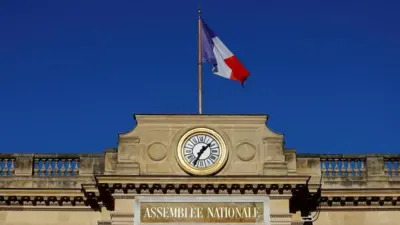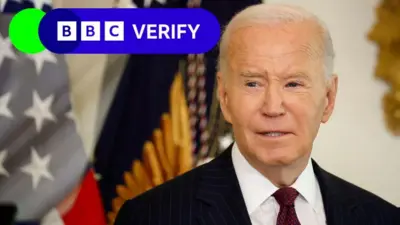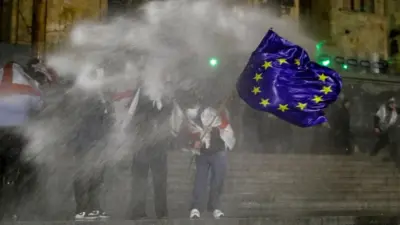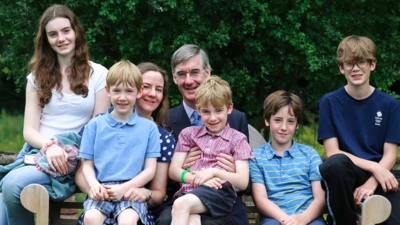We've updated our Privacy and Cookies Policy
We've made some important changes to our Privacy and Cookies Policy and we want you to know what this means for you and your data.
Call to end compulsory worship in schools
Image source, PA
- Author, Sean Coughlan
- Role, Education correspondent
The requirement for schools to have an act of collective worship should be abolished, says a report co-authored by former Education Secretary Charles Clarke.
The study argues that the requirement has failed to keep up with changes in attitudes to religion since it was introduced in the 1940s.
Mr Clarke says it is more honest to admit that it cannot be enforced.
But he calls for the compulsory teaching of religious literacy.
A report from Mr Clarke and Linda Woodhead, professor of sociology of religion at Lancaster University, says there needs to be a "new settlement" in the relationship between religion and schools.
'Nod and wink'
It argues that the obligation for a compulsory act of worship is often not really fulfilled, but there is a "nod and wink culture" about not admitting this.
The report, published as part of the Westminster Faith Debates about religion and values, says that schools should be allowed to make their own decisions about how to hold such a morning assembly and what should be included.
Mr Clarke says that even though many heads have not wanted to carry out such an act of worship there has been a political reluctance to grasp the nettle.
"The reason there has been no change in 70 years is that politicians have been very wary of dipping their toes in this debate," he said.
But the report argues that there should be a stronger and more relevant form of religious education in schools, which should be compulsory for all schools and include non-religious beliefs, such as humanism.
These lessons in religious literacy would teach pupils about different faiths and involve visits to different places of worship.
The concerns about radicalisation and fundamentalism meant that this was a very necessary lesson, said Mr Clarke.
It was important to teach about mainstream, moderate interpretations of religion, rather than "letting extremists dominate the argument".
"It is very important to grow up knowing what faith is and what faith is not," he said.
"Religious questions keep coming up in the news, there needs to be an understanding of it."
The report also looks at the place of faith schools and concludes that the right for parents to send their children to such schools should be protected.
Mr Clarke described this as a "fundamental right" and unlikely to be something that any government would challenge.
The authors argue that faith schools should continue be able to take religion into account in the admissions process.
Andrew Copson, chief executive of the British Humanist Association, welcomed the call for a review of the place of "religions and non-religious worldviews" in school.
Since the current arrangements were made in the 1940s, he said, society had "changed beyond recognition and yet the education system is fossilised".
John Hall, the Anglican dean of Westminster, said: "The place of religion in education is contested but there is no doubt that young people need a far better understanding than they currently have of the powerful motive force that is religious - and non-religious - faith, for good and ill.
"And they need to develop spirituality and morality."
A Department for Education spokeswoman said that religious education is "vitally important to help children develop the British values of tolerance, respect and understanding for others".
"It prepares young people for life in modern Britain and that is why it remains compulsory at all key stages. All locally agreed RE syllabuses must be broad, balanced and reflect the teaching and practices of principal religions."
She said that faith schools were "an important part of our diverse education system, allowing parents to choose to have their child educated in line with the tenets of a faith".
Top Stories
More to explore
Most read
Content is not available








